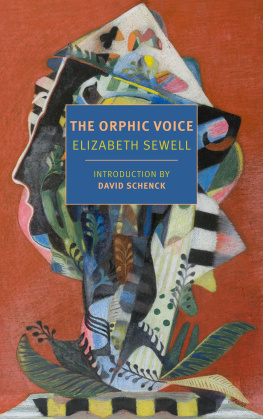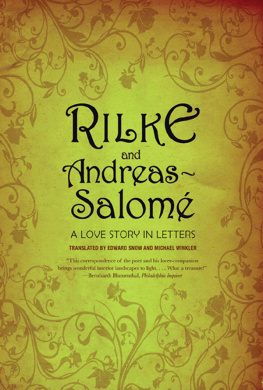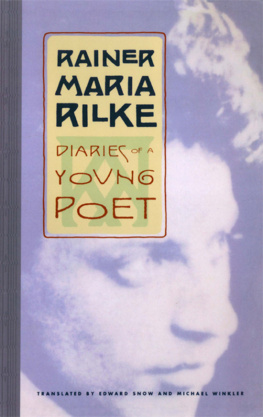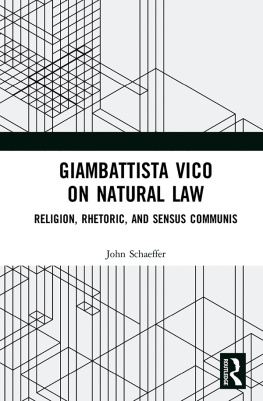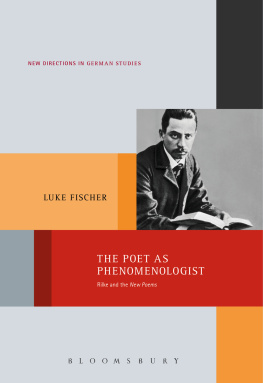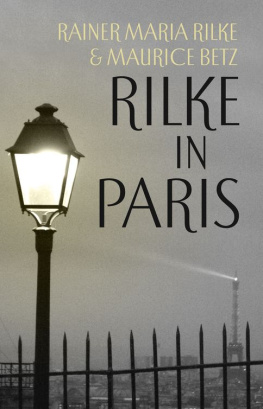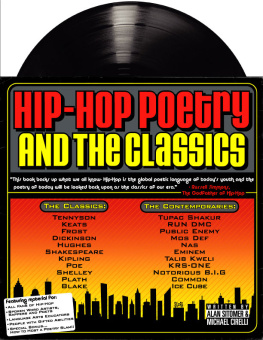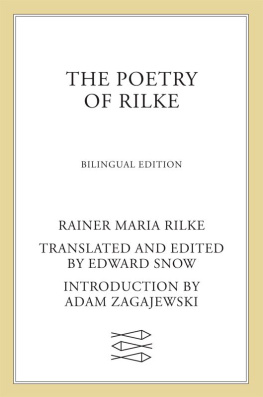ELIZABETH SEWELL (19192001) was born to British parents in Coonoor, India. During the Second World War, she worked for the Ministry of Education in London and attended Cambridge University, where, in 1949, she earned her doctorate in modern languages. That same year, she traveled for the first time to the United States, which she would later make her home, teaching at Vassar College, the University of Notre Dame, Fordham University, and the University of North Carolina at Greensboro. Sewell is best known for her books of criticism, which explore the formalist verse of Valry and Eliot, the nonsense verse of Lear and Carroll, and the links between literature and science. She is also the author of four novels, three poetry collections, and a memoir.
DAVID SCHENCK is a writer and bioethicist. He is the coauthor of Healers: Extraordinary Clinicians at Work and What Patients Teach: The Everyday Ethics of Health Care, and is currently at work on a new book, Into the Field of Suffering: Transformation and the Healers Vocation. A friend and colleague of Elizabeth Sewells for over twenty years, Schenck now serves as her literary executor.
THE ORPHIC VOICE
Poetry and Natural History
ELIZABETH SEWELL
Introduction by
DAVID SCHENCK
NEW YORK REVIEW BOOKS

New York
THIS IS A NEW YORK REVIEW BOOK
PUBLISHED BY THE NEW YORK REVIEW OF BOOKS
435 Hudson Street, New York, NY 10014
www.nyrb.com
Copyright 1960 by Elizabeth Sewell
Introduction copyright 2022 by David Schenck
All rights reserved.
First published as a New York Review Books Classic in 2022.
Cover image: Eileen Agar, Orpheus, c. 1959; private collection; Estate of Eileen Agar/Bridgeman Images
Cover design: Katy Homans
Library of Congress Cataloging-in-Publication Data
Names: Sewell, Elizabeth, 19192001, author. | Schenck, David, 1951 writer of introduction.
Title: The Orphic voice / by Elizabeth Sewell ; introduction by David Schenck.
Description: New York: New York Review Books, [2022] | Series: New York Review Books classics | Published previously by Yale University Press in 1960 and by Harper Torchbooks in 1971.
Identifiers: LCCN 2021014417 (print) | LCCN 2021014418 (ebook) | ISBN 9781681372181 (paperback) | ISBN 9781681372198 (ebook)
Subjects: LCSH: Poetry. | Literature and science. | Orpheus (Greek mythological character) In literature.
Classification: LCC PN1031 .S475 2021 (print) | LCC PN1031 (ebook) | DDC 809.1/936dc23
LC record available at https://lccn.loc.gov/2021014417
LC ebook record available at https://lccn.loc.gov/2021014418
ISBN 978-1-68137-602-8
v1.0
For a complete list of titles, visit www.nyrb.com or write to:
Catalog Requests, NYRB, 435 Hudson Street, New York, NY 10014
CONTENTS
INTRODUCTION
P OETRY is a form of power. This, the first sentence of Elizabeth Sewells Orphic Voice, lets you know immediately that what you have in hand is nothing that can be conveniently labeled literary criticism. This is another voice entirely, one ranging from Bacon and Shakespeare to Erasmus Darwin, Linnaeus, and the scientific works of Goethe; from Pico to Vico; from Novalis to Hlderlin to Rilke; with side trips to France for Hugo on Shakespeare, Renan on evolution, and Mallarm on Orpheus. You find yourself confronted at every turn with a mind of great power investigating the origins of the powers of the mind. A suitably Orphic movement, as you will learn.
This is an investigation of thinking, guided by poets and biologists, keyed off myththe myth of Orpheus. Better: It is a being read by Orpheus and his poets. Not just a study of said poets, or of Orpheus. Literary criticism could be considered the domestication of poetry; The Orphic Voice, to the contrary, would be its liberation. The Orphic Voice, first published in 1960, can be profitably read alongside works on evolution, like Gregory Batesons Mind and Nature and Jesper Hoffmeyers Biosemiotics, and works of literary critics, like Walter A. Strauss, Charles Segal, and Ihab Hassan on Orpheus, his myth, and its metempsychoses.
In an early review, George Steiner spoke of The Orphic Voice as a difficult, maddening book, before concluding with the simple declaration: It is a great work. And it is indeed both. The books introduction will dash you along on one of the more extravagant intellectual courses ever; its intoxicating, demanding, exuberant. But immediately after, you find yourself plunged into thickets of technicalities with Lord Bacon and his seconds and their foes, likely wondering what in the world has happened. The truly maddening nature of the book, its difficulty, however, lies not in these overt challenges. Rather, it is this: The Orphic Voice is a book designed and written to force your mind to work in Orphic fashion. Sewell insists that the reader trained in linear, logical methods must go postlogical, to work in clusters and concentric circles. Simultaneity and analogue are watchwords; linearity and logic are not. Primary evidence in this inquiry into the mind is poemsnot just poetry as an activity but specific works. This is where the Orphic taxonomy is focused, and rightly so.
The aim is general, as befits a discipline of investigation into the biology of thinking, a study of the development of the mind-body in the world of nature alive and dead. Of this The Prelude and the Sonette an Orpheus are textbooks, and in their thinking and validity akin to, and coequal with, every branch of biology, in the widest possible sense including psychology and anthropology, having a similar aim and field.
Poetry is to take the lead as method:
Orpheus, who is poetry and myth and postlogic thinking about itself, is not subject to interpretation by other disciplines; he is himself interpretation, the specific instrument of the poets researches.
Indeed, it is crucial to science, Sewell argues, that biology reexamine its own mythology, its proper method:
Biology has mistaken its mythology. It needs poetry rather than mathematics or language-as-science to think with; not an exclusive but an inclusive mythology to match the principle of inclusion inherent in all of its living and organic and synthetic subject matter.
For there is here a careful effort to stress the continuity of intellect throughout natural history, one of Emersonsanother of Sewells Orphic heroesgreat themes.
We have to think of the Orphic mind as a natural phenomenon.
[Human language is]... the making explicit of something implicit in life from the beginning. All striving and learning is mythologizing; and language is the mythology of thought and action, a system of working figures made manifest.
The core questions that will organize inquiry in The Orphic Voice are two:
What power and place has poetry in the living universe?
What is the biological function of poetry in the natural history of the human organism?
In this time of the sixth extinction and climate emergency what could be more important than these two questions about the relationship of poetry and biology, of the human to the biosphere?
The startling thesis of The Orphic Voice is that myth itself is an active power, as well as a depiction of its own power. As such, myth shapes poets, and poets shape myth. Myth as an evolving, living power, with its own autonomy.
It is Orpheus function to mark out the essential poetic tradition in any period by indicating those who are at work on the peculiar question and task of poetry in their time; also, to make plain the nature of that questioning endeavor.

